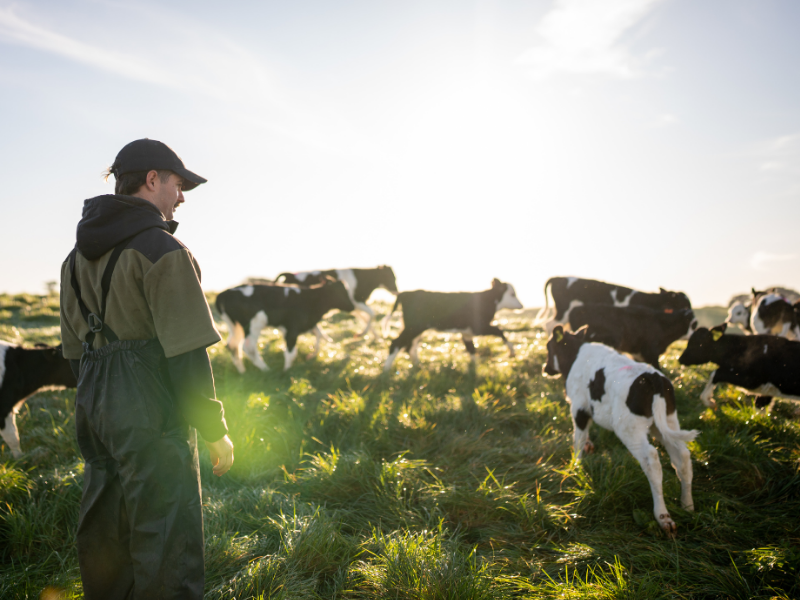
Next Gen Agri Fund
Overview
Seedling Next Gen Agri Limited Partnership is targeting 9-14% pre-tax IRR returns through strategic investment in New Zealand's agricultural future.
Seedling was founded by Seb Chapman, a former young farmer, he identified a critical market gap: connecting talented young farmers with the capital needed to enter a form of ownership, have exposure to the increase in land value, and transform the industry while providing attractive returns for investors.
In 2025, with the New Zealand agriculture sector driving 79% of export revenue and facing a looming succession crisis (average farmer age well over 50) with $150 billion dollars worth of assets set to change hands in the near term, Seedling offers a unique solution that benefits all stakeholders.
Seedling is now inviting applications from wholesale investors to participate in the Seedling Next Gen Agri Limited Partnership with a focus on sustainable dairy farming and regenerative practices.
- The Fund is targeting acquisition of up to 5,000 hectares of prime New Zealand agricultural assets with potential for land use change and improvements
- Our initial acquisition is Centrewood Dairy Farm, a 468ha property in Canterbury's prime dairy region
- The minimum investment is $100,000 NZD
This offer is available now to wholesale investors as defined under the FMCA.
Investment Highlights
- Target 9-14% pre-tax IRR with annual cash distributions starting from year 2
- Multiple income streams – traditional dairy production plus other revenue (energy leases etc.)
- Strong asset backing with total farm assets including land, livestock, and infrastructure
- Potential for significant capital growth by expansion of irrigation
- Our model directly aligns farmer and investor interests through innovative equity partnerships minimizing operator risk
The Seedling Next Gen Agri Limited Partnership is open only to wholesale investors under the Financial Markets Conduct Act 2013.
To request the complete Investment Memorandum and learn more about risks, fees, and factors affecting returns, click on the "Sign up for info" button.
For a personal discussion about this opportunity, please contact Seb Chapman directly at seb@seedling-investments.com.
This investment opportunity is exclusively available to investors who qualify as “wholesale investors” under the exemptions outlined in Schedule 1, clauses 3(2)(a)-(c) and 3(3)(a)-(b)(ii) of the Financial Markets Conduct Act 2013 (FMCA). For more details on FMCA requirements and to determine if you meet these exemption criteria, visit the FMCA website here.
Retail investors are not eligible for this offer.
